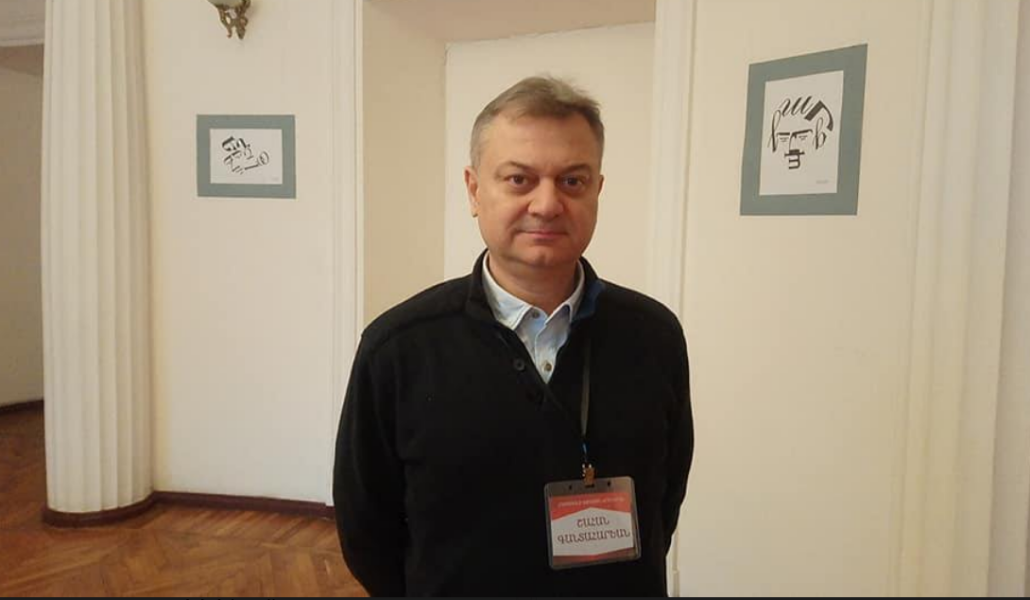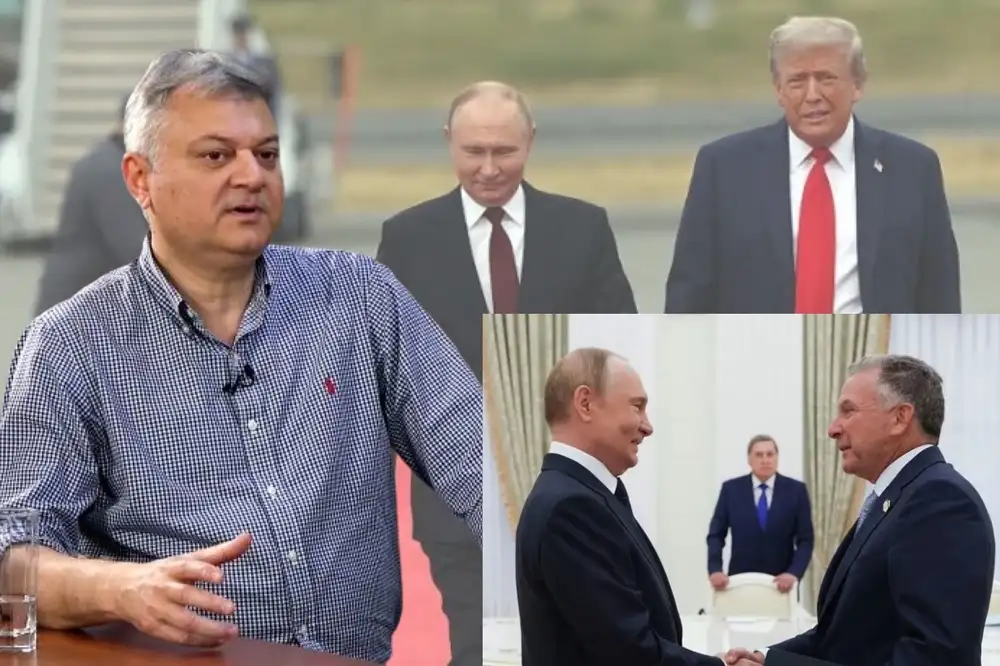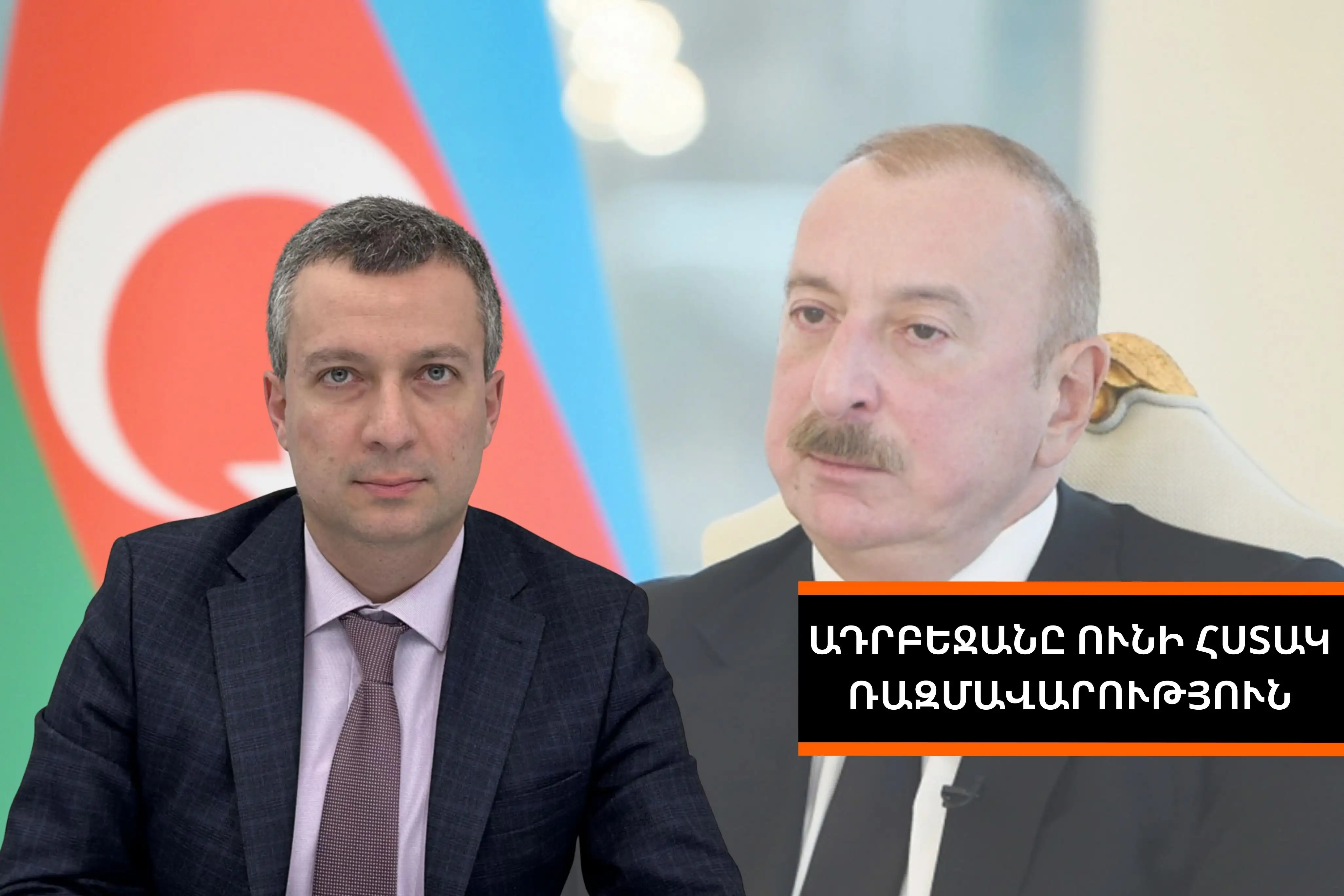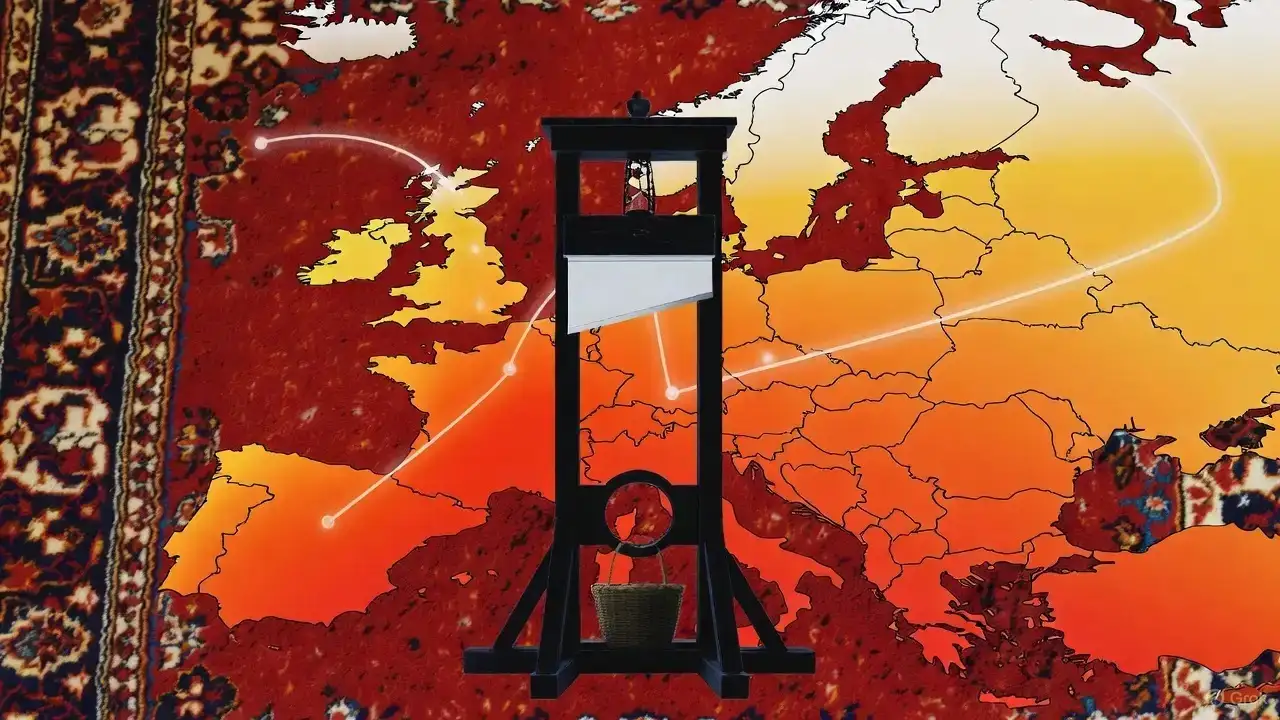Radar Armenia’s interlocutor is international affairs expert Shahan Gandaharian.
- The Georgian Prime Minister was in Armenia on a working visit. Kobakhidze stated that the Armenia-Georgia partnership is essential for the entire region. What is Georgia hinting at?
The statements of official Tbilisi representatives should be considered within the general context of the challenges faced by Georgia’s foreign policy. Georgia seems to be referring to the active cooperation of Armenia’s other two neighbors. In the South Caucasus, there are noticeable points of overlap in certain directions of the two countries' foreign policy. This is even though the Georgian authorities are trying to normalize their relations with the Russian Federation.
- The Georgian Foreign Minister, touching upon the issue of security in the region, reminded of the territories occupied by Georgia by the Russian Federation. What is happening in Russian-Georgian relations?
Tbilisi has not sharply changed its foreign policy. There are tendencies to move from unilateralism to centrism, but Georgia's foreign policy priorities remain the same. It should be noted that US aid has been frozen, but relations with Russia have not been restored in return. Such a statement was also addressed to the Georgian audience, where anti-Russian sentiments have intensified.
- The EU extended the term of the observer mission in Armenia for another 2 years. In your opinion, what impact will this decision have on Armenia-Azerbaijan relations, particularly the peace agreement?
It would be extended by increasing the number and expanding its powers. Baku is worried because, in parallel, the phased withdrawal of Russian border guards is being recorded. This general geopolitical trend in the region is not due only to Yerevan, which Baku is aware of and, therefore, worries about.
- In your opinion, does the presence of EU observers neutralize or restrain Azerbaijan's ambitions to provoke a new escalation?
- I think it does. No matter how much Baku's dependence on Turkey deepens, no matter how much Moscow-Baku cooperation deepens, Azerbaijan realizes that the appearance of the EU mission is a decision of the collective West and fits within the framework of the policy specified in the US-EU format in the region.
- The US State Department has declassified the Robert Kocharyan-Heydar Aliyev negotiations without intermediaries. In them, it is stated that Kocharyan had agreed in principle to exchange Meghri for Karabakh. Why did the State Department declassify these documents, and what goal does it pursue?
- Your observation is correct in terms of timing. An attempt is being made to convey the conviction that the exchange of territories was not only a Gobelin plan but also a Russian one. Until now, it has been presented that Azerbaijan has proposed the whole exchange project. There was conflicting information in the Armenian field about this program: whether to exchange a circle or a hole, whether the proposal would be from Yerevan or Baku, etc. The American declassification shuffles the cards. There is no signed document; therefore, there is no unambiguous content about the negotiations. No substantive conclusion has yet been drawn from all the comments. In Key West, or the project presented by Gobel, the impression was that this was an American program. With this declassification, an attempt is being made to shape public opinion that this was not the case.


















